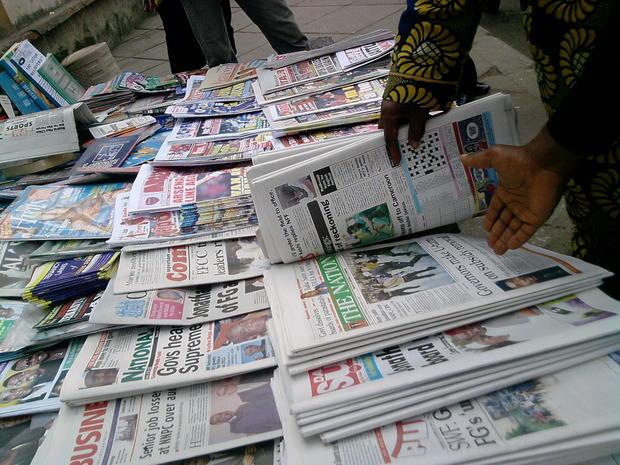By Amin Kef Sesay
As a journalist, I always ask myself what is my role in achieving the country’s development? Sometimes I am really stuck and frustrated when I see that journalists do not seem to share the same goals or give equal value to the profession.
Everywhere, we are told that the role of a journalist is to inform, entertain and educate. But what happens when, in the exercise of the profession, I see colleagues who only use pure sensationalism and exaggerate the news they write in order to attract audience?
It does not convince me that journalists can direct change by influencing constructively the way politicians manage the country’s economic and social policies. What I think we journalists should focus our radar on in helping to develop our country is development journalism.
What is development journalism? Development journalism is more than investigative journalism in a poor country. It is critically getting behind the clichés of starving children and getting people to tell their own stories.
Another key thing about development journalism is that it is not about making people into victims by treating them without dignity or sensationalizing their lives.
Development journalism asks questions – of ordinary people, not just of officials. It considers reader, writer and written-about to be equal in their humanity. It doesn’t patronize but asks the reader to put themselves in the place of people whose lives seem very different from theirs.
I decided to write about this issue because, seriously, I want to advocate development journalism in my country or abroad. Despite all the challenges and obstacles I can find on the path, that’s my purpose. The reason is simple. Like the article mentions: “Development journalism gives soul to media, it gives it a human face. As issues facing the developing world grow ever more complex and difficult, the task of good journalism should be to throw light on them.”
For example, when Jamaican journalist Andrea Downer spotted a little boy washing her car windscreen at the traffic lights in Kingston, she found he belonged to a family network of beggars. It led to extensive investigations into children’s homes in the capital and ultimately an award for journalism that influences policy.
In development journalism, we are tasked to look at government policies, how this relates on the ground to those who expect to be benefiting. So the New Direction Government may have a poverty-reduction strategy in place – but what does that actually mean for the people living in Largo Jasawabu or Tihun?
Development journalism looks fairly, objectively and as much as possible dispassionately at existential topics such as inflation, food security, traditional birth attendants, the role of the Chinese in Africa, or how local solutions are needed to help fight poverty, social justice, improving health, education, bringing people together, etc.
Development journalism is more complex and labor-intensive than it might appear. This implies extensive research rather than quick-fire reportage. To what extent is this possible in today’s media environment?
Uncovering the political, social and economic aspects of development in a particular country may require extensive research. A good journalist must not only describe, but delve, debunk and decode. International development is complex, slow, non-prescriptive and uncertain. It requires the reporter to appreciate and explore the interplay of diverse realms such as health, education, environment, governance, local and national economics, and culture.
As such, development journalism can also have an important role in development, encouraging the public to see that their money is necessary, that it is being well spent, but that it will not solve difficult issues overnight.




